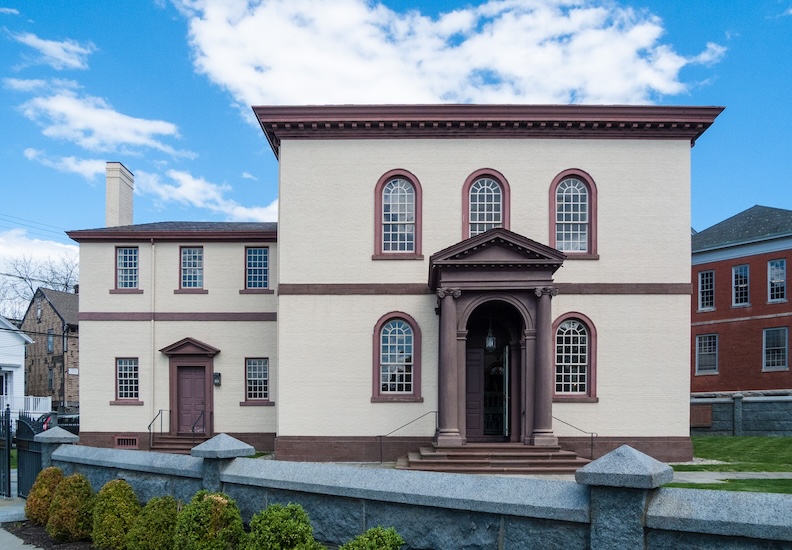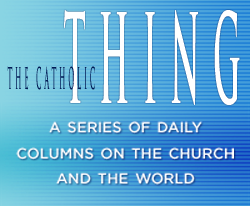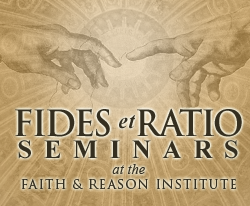The Constitution and Religious “Concessions”
A crucial presidential election takes place tomorrow. This site operates under tax-exempt, non-profit status, which does not permit us to engage in partisan politics – let alone endorse candidates. But we’re The Catholic Thing and have the constitutional right to comment on Catholic things. There are several such things in play this year, especially the proper understanding of religious liberty under the American constitutional order.
What follows here, then, will remain non-partisan. But it’s frankly a reaction to an interview that Kamala Harris gave recently in which she was asked whether she would be willing to allow religious “concessions” on abortion. She said no. No concessions on “a woman’s right to control her own body.”

Catholics already know – or should – how to approach specific moral questions like abortion, LGBT+, parental rights, etc. But there’s another large question here about religious liberty, with wide-ranging consequences for our public life. The partisans and poorly formed won’t listen. But religious liberty is the first liberty. And without that, all the rest is in doubt.
The very use of the term “concessions” by both the interviewer and Kamala Harris is a liberal, unconstitutional assumption that has done great damage – and not only to the unborn. The American Constitution does not speak of religious liberty as a concession by the government to citizens to do what the government would otherwise control. The First Amendment’s protection of religion, speech, assembly, etc. is simply a recognition of natural rights, rights given us by the Creator, that precede and exceed the authority of every government.


